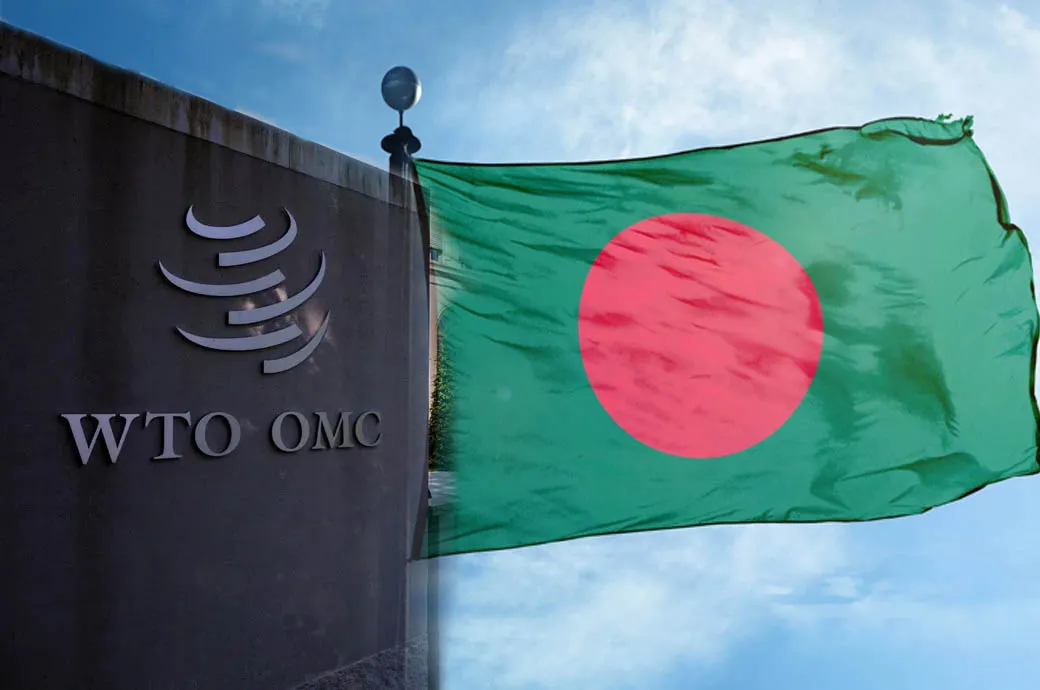Extension granted until 2029 to enjoy duty-free as WTO member amidst challenges
Summary:
At the 13th WTO Ministerial Conference in Abu Dhabi, Bangladesh successfully negotiated a three-year extension of duty-free market access following its graduation to a developing nation in 2026. Supported by 166 WTO members, this extension ensures continued access to LDC-specific technical assistance and capacity-building programs. The negotiations, spanning over five days, addressed concerns over potential trade losses post-graduation, exacerbated by the impact of the Russia-Ukraine war. Despite the absence of preferential duty programs for LDCs in the US, Bangladesh can now seek similar benefits with other key trading partners. However, challenges remain regarding TRIPs, affecting Bangladesh’s eligibility for patent waivers in pharmaceutical production post-transition. While the EU typically provides a three-year grace period to graduating LDCs, it is uncertain if benefits will extend beyond 2029. Nevertheless, the conference underscores the collective commitment to supporting developing economies amidst global challenges, emphasizing the importance of sustained international cooperation and trade partnerships for fostering inclusive growth and economic resilience. Bangladesh’s success reflects its growing influence on the global stage and its ability to navigate complex negotiations to protect its economic interests.
Content:
At the 13th WTO Ministerial Conference in Abu Dhabi, Bangladesh achieved a crucial milestone by securing a three-year extension of duty-free market access following its graduation to a developing nation in 2026. This extension, backed by 166 WTO members, is a significant boon for Bangladesh, ensuring continued access to LDC-specific technical assistance and capacity-building programs. The negotiations, spanning over five days, addressed pressing concerns regarding potential trade losses post-graduation, exacerbated by the tumultuous impact of the Russia-Ukraine war. Despite the absence of preferential duty programs for LDCs in the US, Bangladesh now has the opportunity to negotiate similar benefits with other key trading partners, including the EU, China, India, the UK, and South Korea. Notably, Bangladesh heavily relies on duty benefits under the LDC category, with 73 percent of its shipments enjoying LDC-linked market access. However, challenges persist, as no decision was reached regarding TRIPs, affecting Bangladesh’s eligibility for patent waivers in pharmaceutical production post-transition. While the EU typically provides a three-year grace period to graduating LDCs, it remains uncertain whether benefits will extend beyond 2029. Nevertheless, the conference underscores the collective commitment to supporting developing economies amidst global challenges. It highlights the significance of sustained international cooperation and trade partnerships for fostering inclusive growth and economic resilience. Bangladesh’s success in securing this extension reflects its growing importance on the global stage and its ability to navigate complex negotiations to safeguard its economic interests.
Picture and Article Source: The Daily Star


Leave a Reply